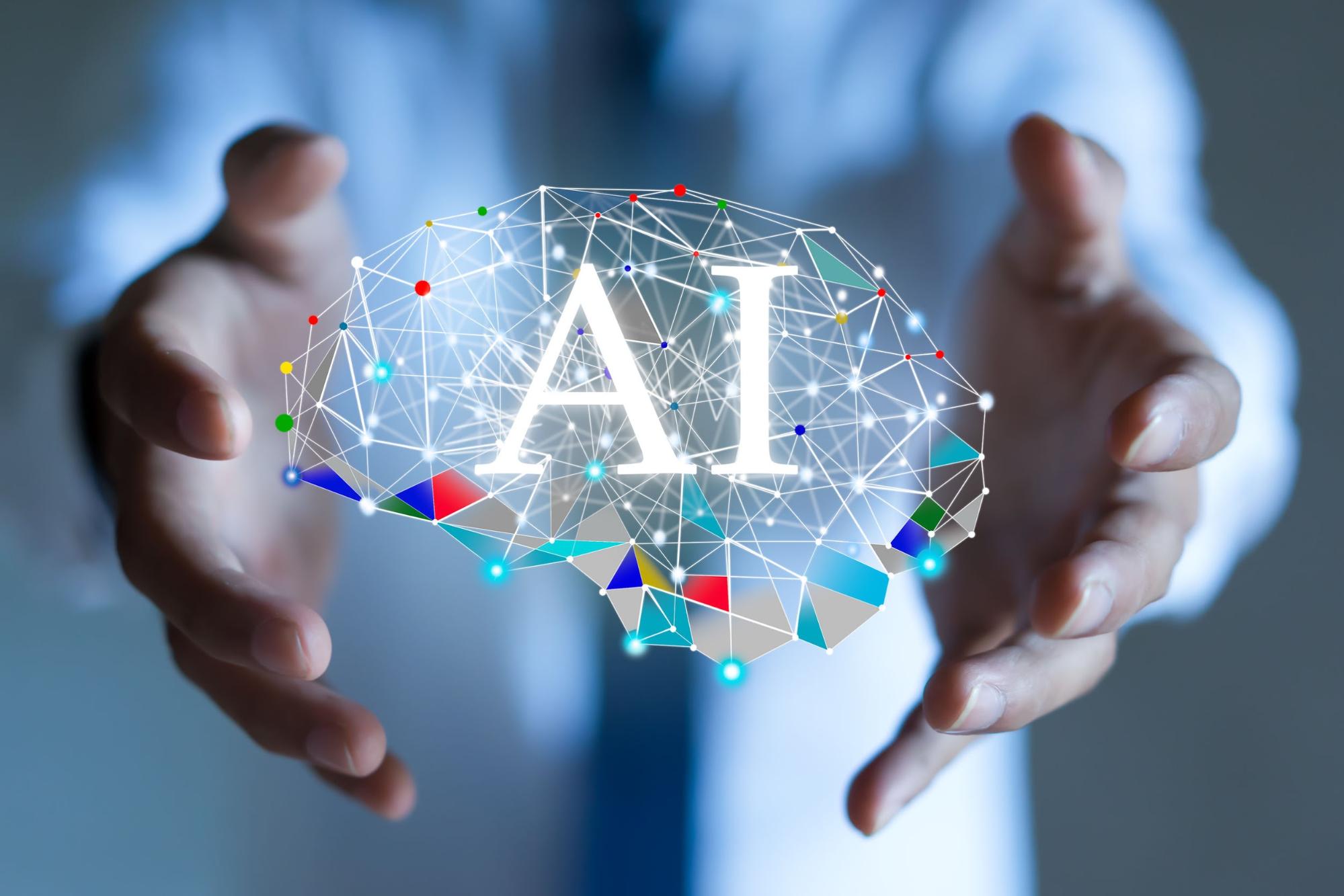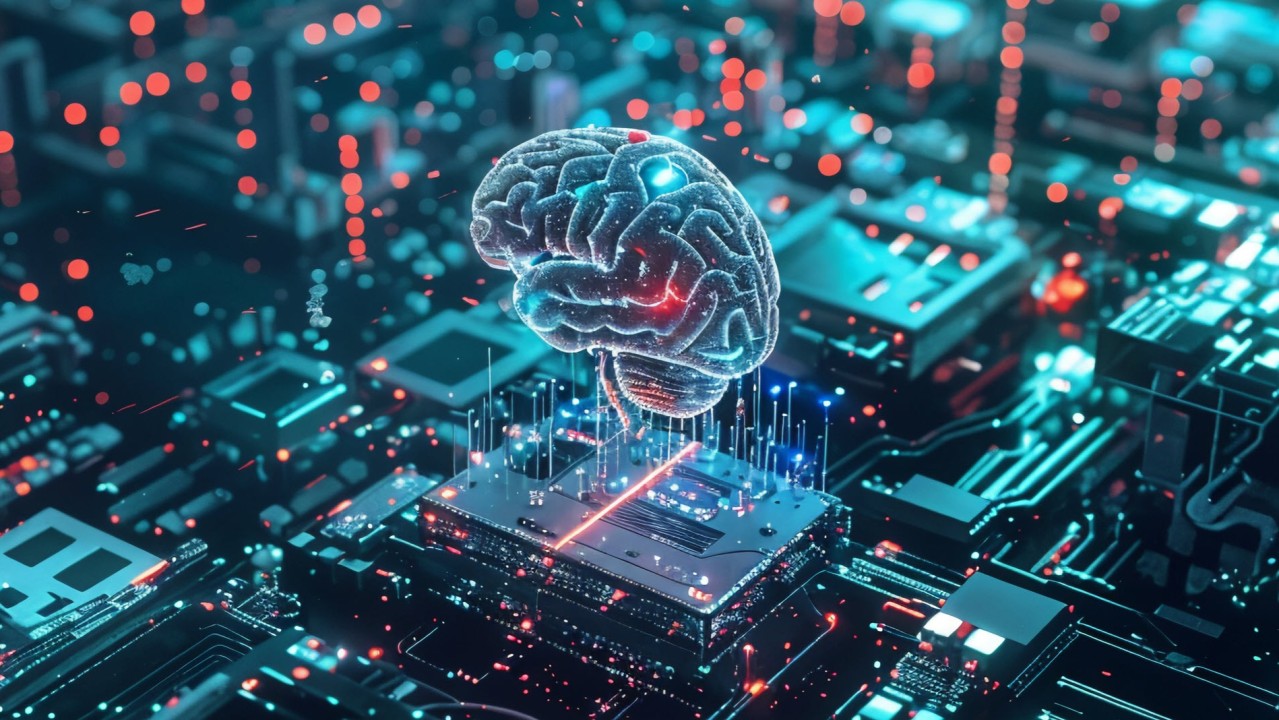Navigating the Ethical Landscape of AI and Machine Learning
Navigating the Ethical Landscape of AI and Machine Learning

In today’s rapidly advancing world of technology, artificial intelligence (AI) and machine learning (ML) are transforming industries and reshaping the way we interact with the digital world. While these technologies offer incredible potential, they also come with a set of ethical considerations that cannot be ignored. In this blog post, we’ll explore the ethical landscape of AI and ML, discussing key issues, challenges, and strategies to ensure ethical AI development and deployment.
Bias and Fairness
- Explore the concept of bias in AI systems and how it can perpetuate societal inequalities.
- Discuss real-world examples of biased AI algorithms and their consequences.
- Highlight strategies for detecting and mitigating bias in AI and ML models, such as diverse data collection and algorithmic fairness.
Privacy and Data Protection
- Examine the importance of safeguarding user data and respecting privacy in AI applications.
- Discuss the ethical implications of data collection, retention, and sharing in AI systems.
- Explain how techniques like differential privacy and data anonymization can help protect user privacy.
Transparency and Explainability
- Emphasize the need for transparency in AI algorithms and decision-making processes.
- Discuss the “black-box” problem in AI and the challenges it poses for accountability.
- Showcase methods for making AI models more interpretable, such as LIME (Local Interpretable Model-agnostic Explanations) and SHAP (Shapley Additive explanations).
Accountability and Responsibility
- Address the question of who is responsible when AI systems make harmful or biased decisions.
- Explore the role of developers, organizations, and regulators in ensuring responsible AI development.
- Highlight the importance of ethical guidelines and frameworks, such as the AI Ethics Guidelines by IEEE or the AI Ethics Guidelines by the EU.
Impact on Employment and Society
- Examine the potential impact of AI and automation on the job market and employment opportunities.
- Discuss the ethical responsibility of companies to retrain and reskill employees affected by AI-driven automation.
- Explore the broader societal implications of AI in terms of job displacement, income inequality, and access to AI-related benefits.
Ethical AI in Practice
- Showcase examples of organizations and projects that have successfully integrated ethical considerations into their AI and ML development processes.
- Highlight best practices and principles for developing AI systems that align with ethical standards and values.
Regulatory Landscape
- Provide an overview of existing and emerging regulations related to AI and ML ethics, such as the General Data Protection Regulation (GDPR) and AI Act in the European Union.
- Discuss the implications of regulatory compliance for AI developers and organizations.
In a world where AI and ML are becoming increasingly integrated into our daily lives, addressing ethical considerations is not just an option; it’s a necessity. By promoting fairness, transparency, accountability, and responsible AI practices, we can harness the potential of AI and ML while ensuring that these technologies benefit society as a whole, rather than harm it. Ethical considerations are not a constraint but a compass that guides us toward a better, more inclusive AI future. Virtual Sys Technologies, Perfect digital company focused on boosting your business online. We provide clients with a comprehensive range of solutions including Infrastructure consultancy, onsite/offsite services, custom software development, web development, software and web application testing and enterprise consulting.



